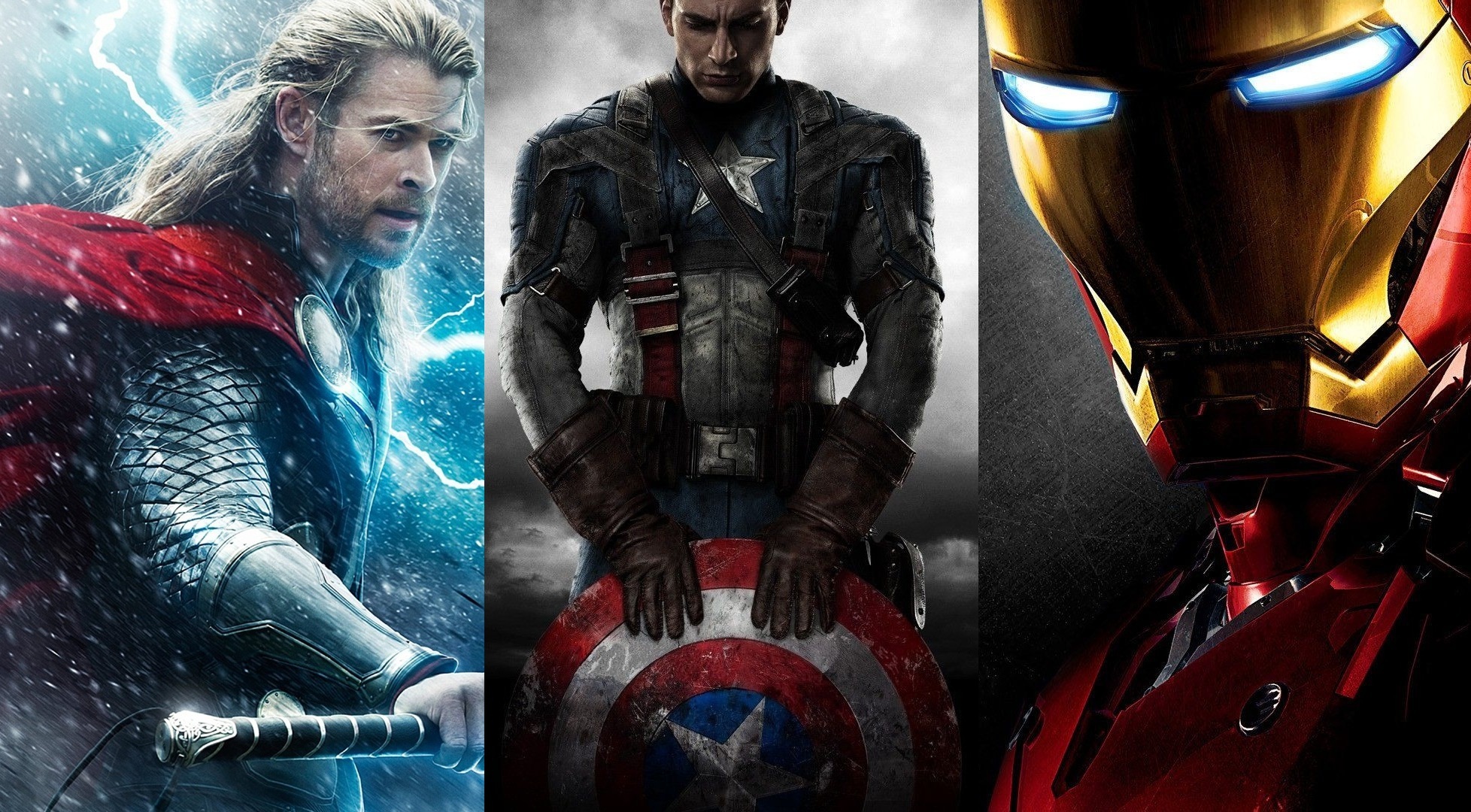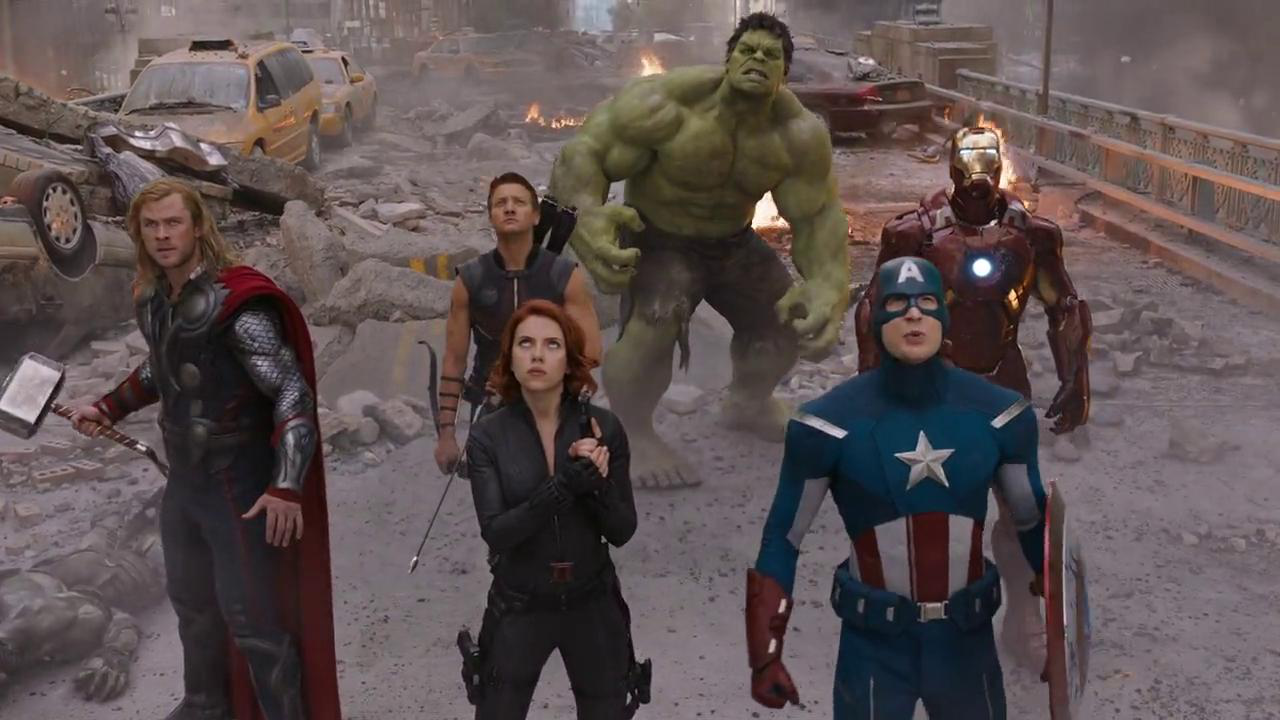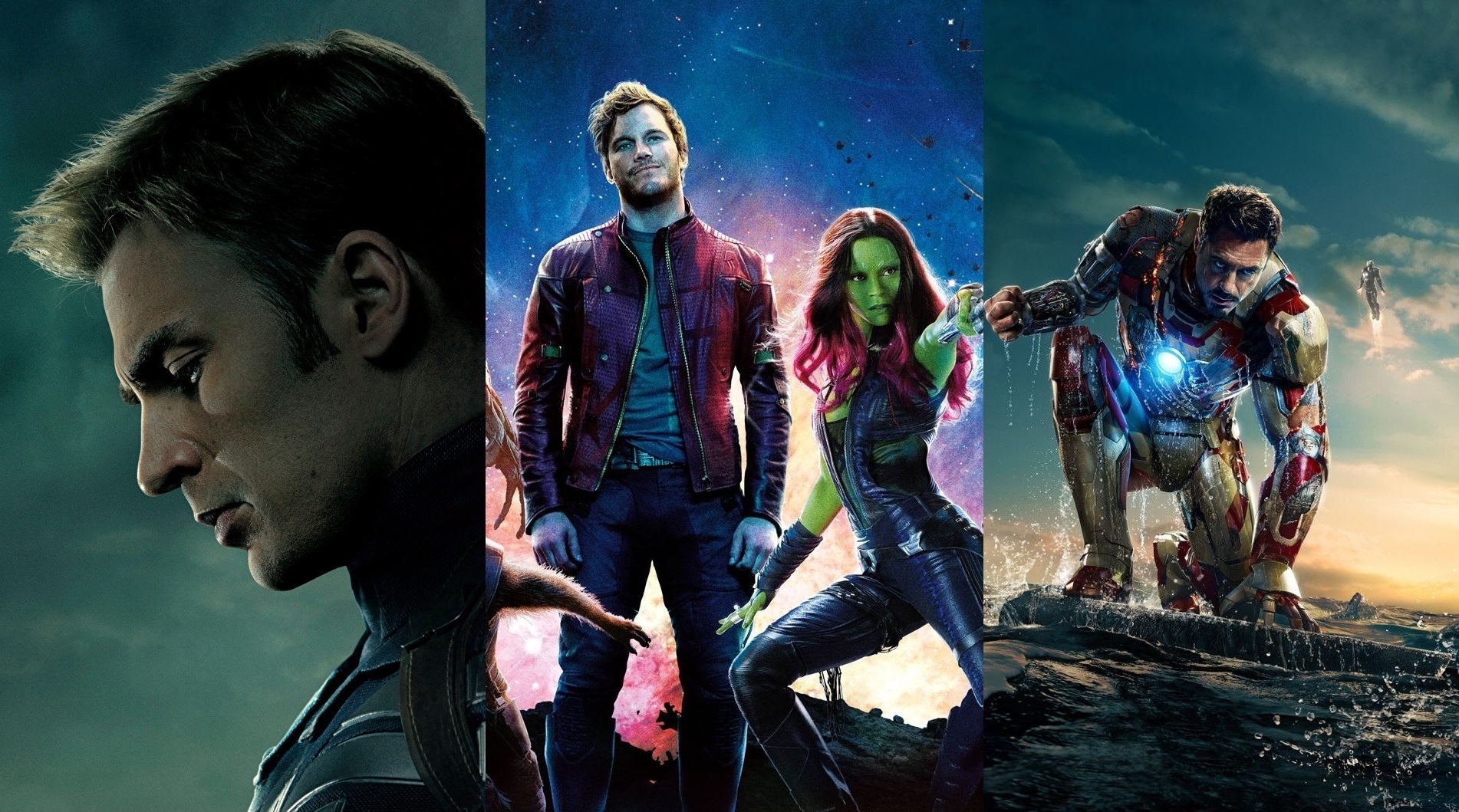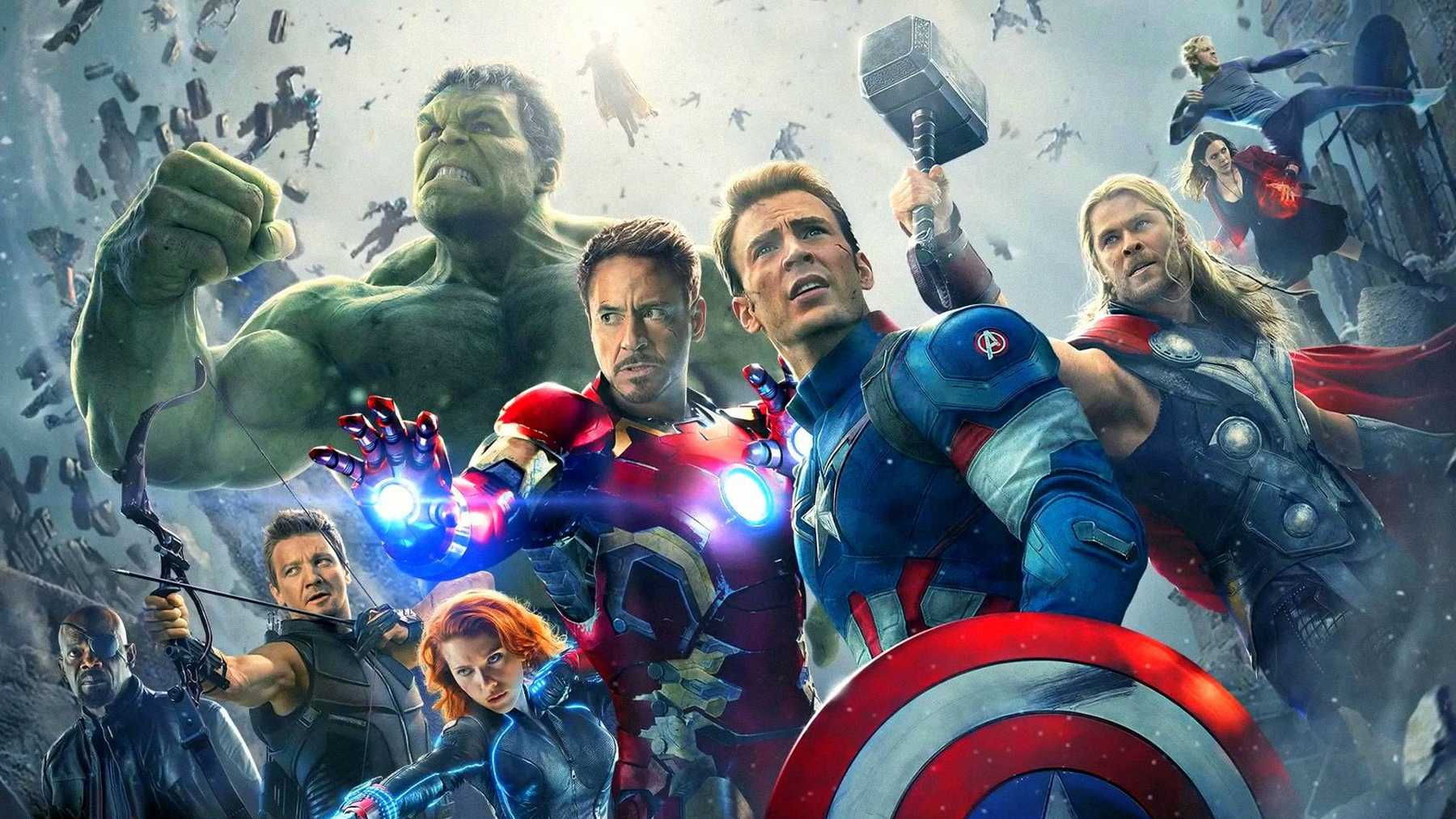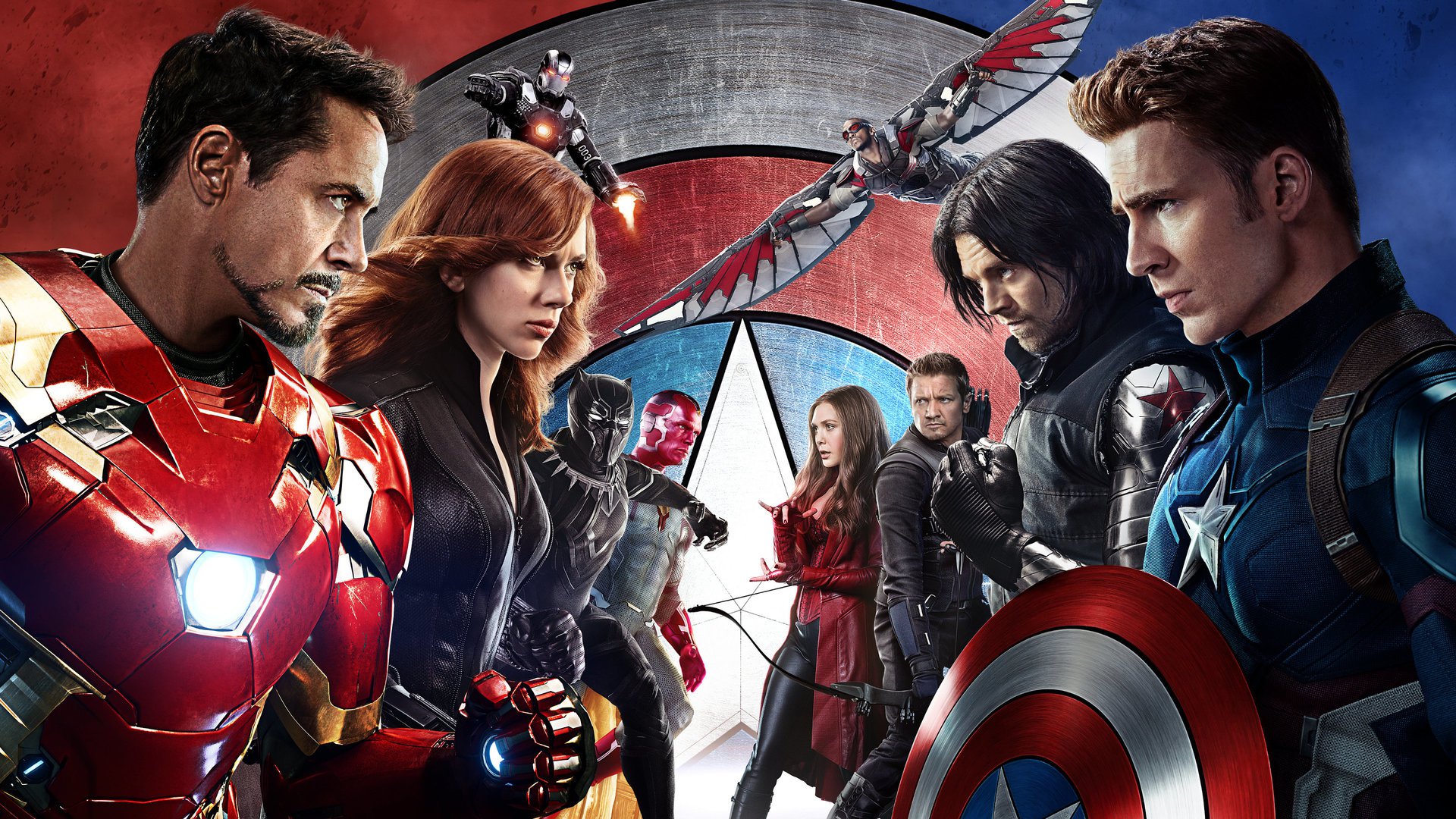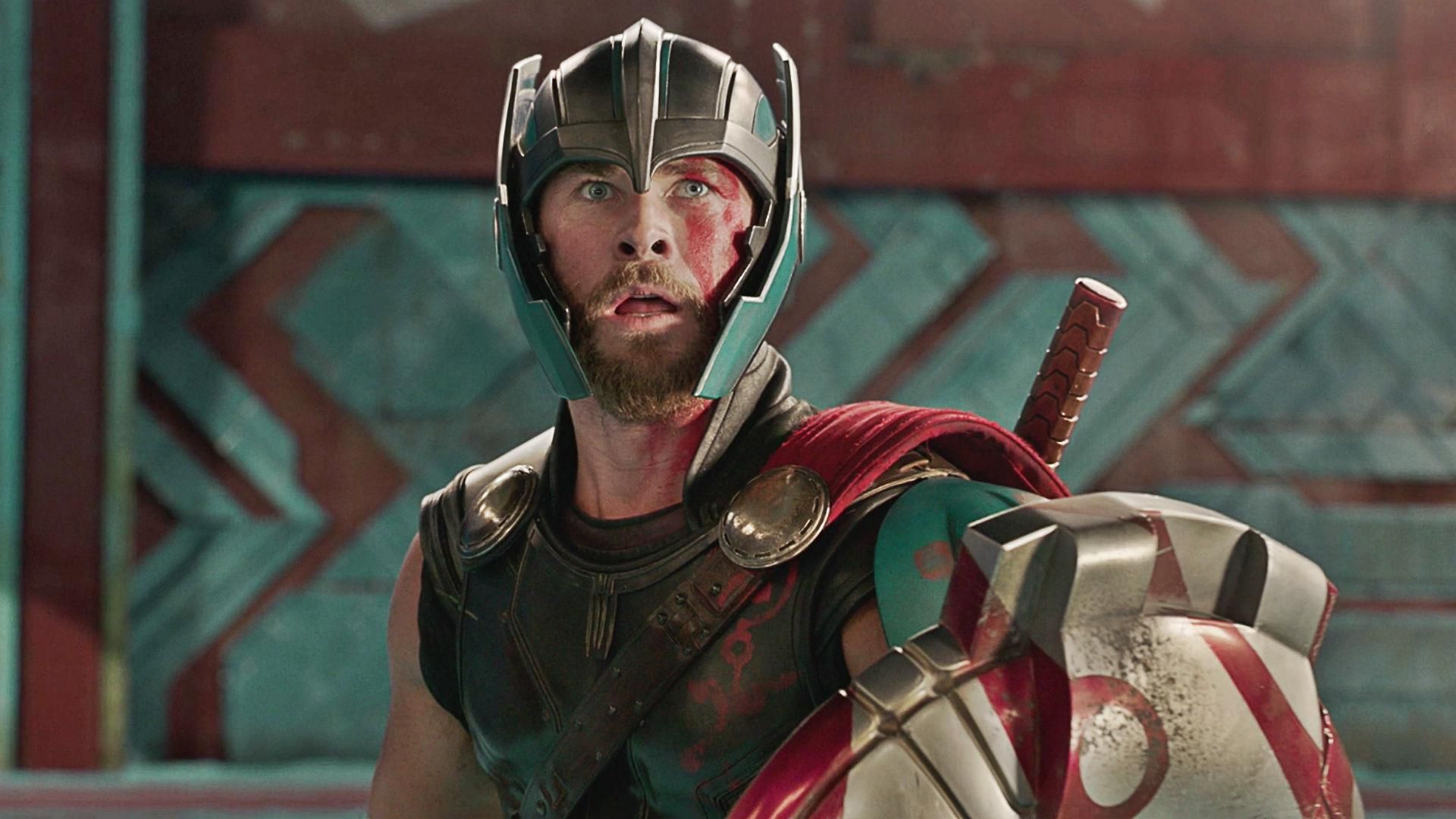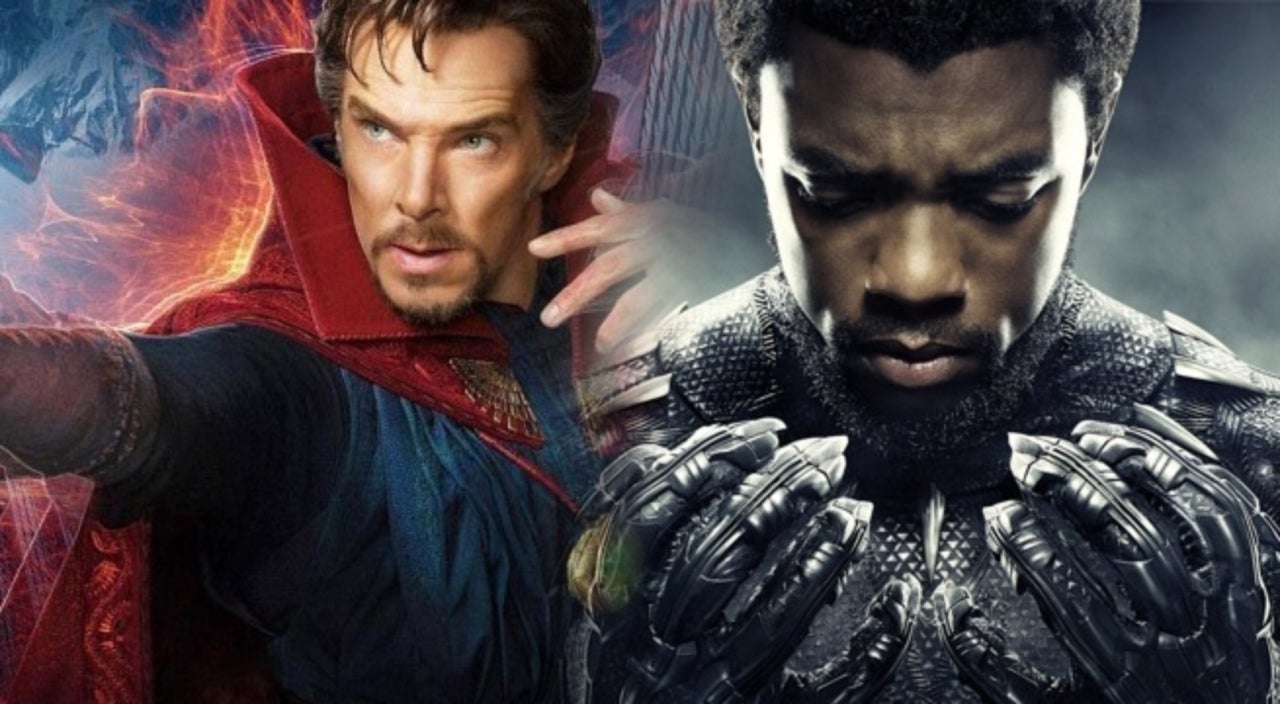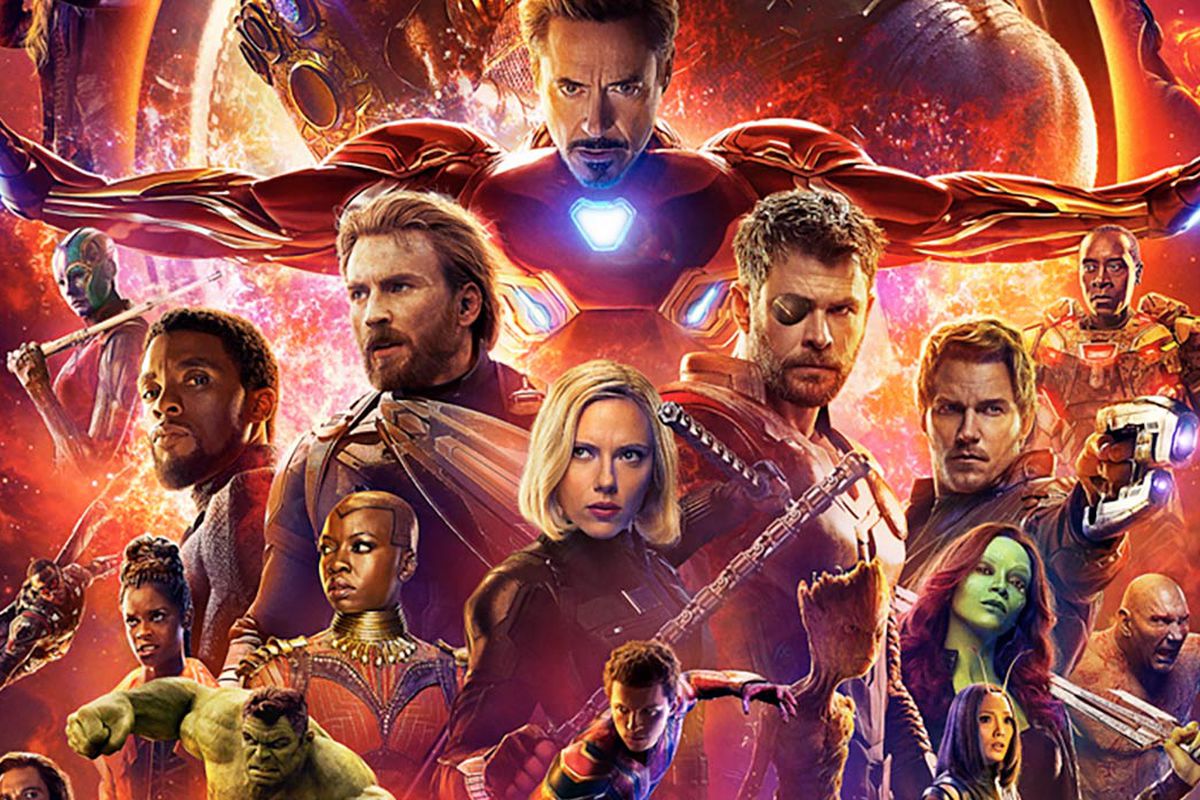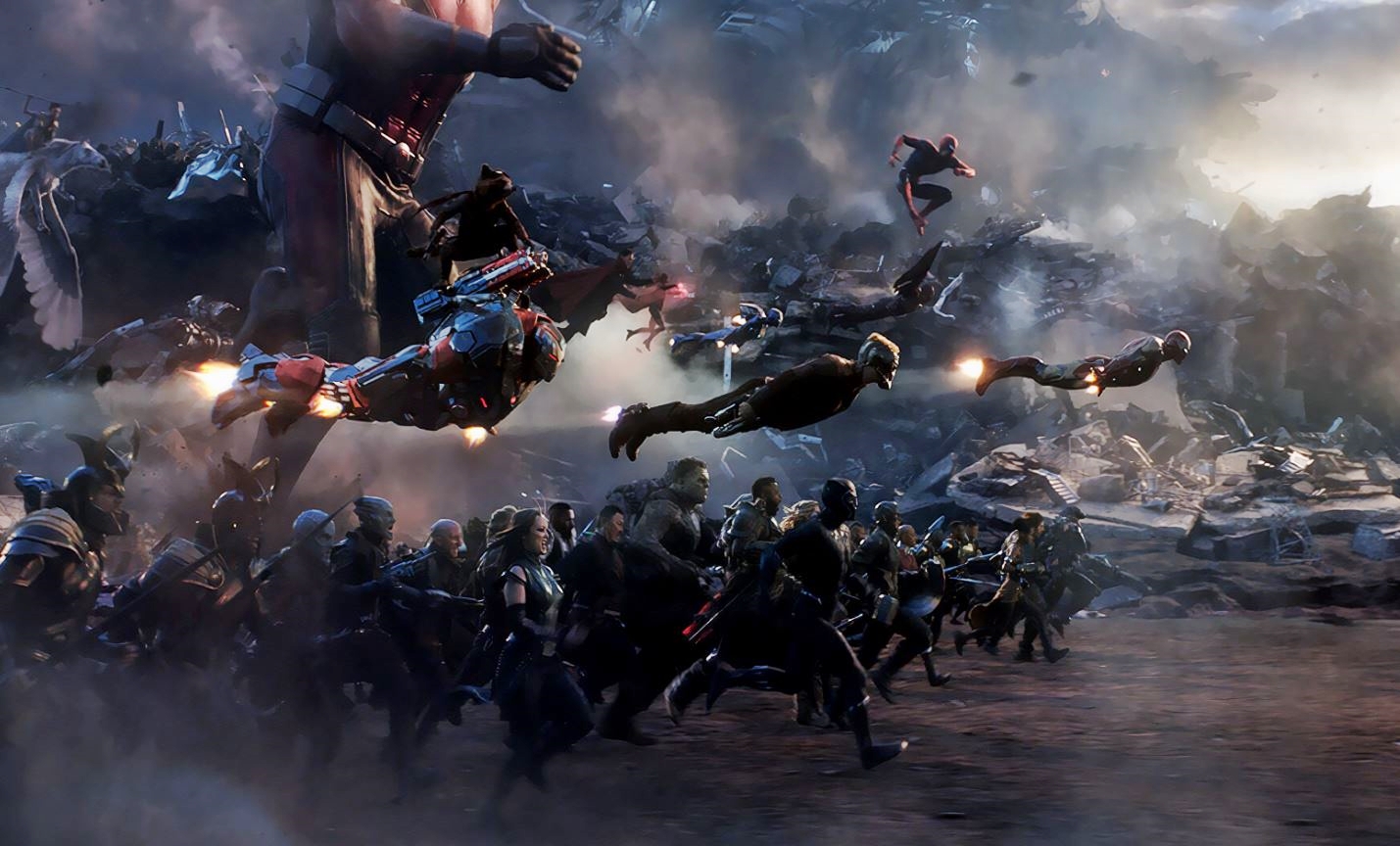However, it wouldn’t be fair to merely deride Disney’s work in the Marvel Cinematic Universe as yet another soulless, profit-driven project without at least examining the franchise. It’s time to dig deep and find out whether there truly is any creative magic to Marvel Studios’ process.
Same Story, Different Setting
There are two particular hallmarks to any thriving and healthy artistic medium, in this case, a film franchise: diversity and innovation. There should be tonal and narrative differences in every film in a franchise that helps each instalment stand on its own merit and identity. No one should ever confuse Fellowship of the Ring with the Two Towers just as no one should ever confuse your previous film with its sequel. What links this diversity together and keeps it from becoming disparate is a sense of innovation or progression. Every sequel should build on the foundation of its predecessor if not reveal another aspect of it. The differences are meant to reflect growth, or perhaps the illusion of it. With that in mind, we can begin to address the MCU. Does the MCU reflect these twin values? On some level, yes it has.
During the first phase of the MCU, the only thing that truly set the films in that era apart were the settings. Iron Man and The Incredible Hulk were set in the grounded reality of the military-industrial complex, Thor with its world of magic and gods and Captain America: The First Avenger in the European front of World War II. Nonetheless, nearly all of them were centred around the fairly standard monomyth of a hero. Most of the heroes in their respective films are broken, damaged individuals who undergo some sort of life-changing event that makes them see the world in a new light. They must confront their personal demons personified in the form of a twisted version of themselves. Iron Man facing against his mentor, Hulk against a rival monster of equal power and Thor against his brother. They defeat the evil and become better people for it. The only exception here is Steve. His story is mostly a flat arc with him going through a whole “ugly duckling” story about his inner strength coming out in the physical.
Then we have 2012’s The Avengers, a film that forever changed the cinematic landscape by launching one of the largest cinematic crossover event in history. But beyond the contribution of The Avengers, it’s hard to say that any individual film in Phase 1 did anything truly groundbreaking.
Disney’s Deconstruction
So as far as actual narrative diversity and progression in the first phase, not so much. Then the second phase came around and the MCU was actually making an effort to add some flavour to their films by bringing more obscure Marvel characters to light. We saw intergalactic outlaws travel around the universe searching for cosmic artefacts and saving worlds in Guardians of the Galaxy. We also had the first comic book heist film comedy in Ant-Man. As for innovation, I’d argue that a good chunk of Phase 2 could be defined by deconstruction. This theme is carried throughout this phase, especially in films with familiar characters.
In Iron Man 3 we saw Tony Stark come to terms with the pain he’s wrought with his hubris and arrogance both before and after coming out as Iron Man. In Winter Soldier, Steve wrestles with his faith in the American Way as he witnesses systemic corruption and the enemies he once fought creep into the country he loves so dearly. Guardians of the Galaxy and Ant-Man went the anti-hero route almost as if Disney thought it was something brilliant and innovative. It’s not but hey, one of it made for a fun film. As for Thor: The Dark World…that was pretty much just set up for Thanos’ quest for the Reality Stone. Bland, mediocre and utterly forgettable.
Then in 2015, the MCU’s deconstructive streak would finally reach its crescendo with Avengers: Age of Ultron. A film that examined the real-world political and social implications of leaving our lives in the hands of a bunch of flawed, superpowered guardians. The heroes that were supposed to protect the world were the ones responsible for the destruction of a small nation. The events of the film would have far-reaching consequences that would alter the entire dynamic of the Avengers. Now while some might argue that Phase 2 ended with Age of Ultron, I’d argue that its true ending came in Captain America: Civil War. If Phase 1 was marked with the birth of the age of modern superheroism, then the second would end with the death of a dream. Civil War was that fatal strike that brought Phase 2’s theme full circle. The consequences of Sokovia in Age of Ultron catches up with our heroes. Allegiances are divided, friendships are broken and, if I may quote a dangerous man, an empire was toppled from within.
I truly enjoyed Civil War. It’s dedication to telling a mature, timely story about idealism, foreign intervention and oversight was a breath of fresh air. It was a fitting end to the MCU’s Phase 2 and thankfully the MCU didn’t try to rehash this sentiment with future films. No, Phase 3 I can say was a whole other affair.
A New Age
I cany say without a shadow of a doubt that Phase 3 of the MCU was by far the most diverse in the whole franchise. Where do I even begin? Director James Gunn did a space action-adventure family dramedy with Guardians of the Galaxy Vol. 2. What We Do in the Shadow’s Taika Waititi made Thor a quippy, down-to-earth bro in a what is essentially a fantasy comedy film.
Seriously, the number of jokes packed in Ragnarok far outnumber the dramatic moments, sometimes to its detriment. Credit where credit is due, I appreciate Waititi’s fresh approach to the Thor mythos, dispensing with the novelty of magical gods and supplanting it with a goofy intergalactic adventure. I’d say that these two films were the more character-driven instalments of the MCU franchise. I liked the fact that Disney took the time just to make a couple of fun films without having any major set-ups for Infinity War. Right, now let’s talk about the new guys! Since the events of Civil War brought an end to the status quo of the Avengers, Disney decided to take the time to expand the world of the MCU with new settings and through the eyes of different characters, with fresh talent. Some of them made groundbreaking work like Black Panther, a film that made the first afro-futuristic superhero film.
Creed’s Ryan Coogler was responsible for the project, proving the man is able to tell powerful, personal human stories with impressive fantastical elements. We got a chance to see horror director Scott Derickson try his hand at making a comic book film with Doctor Strange and though the film erred on the comedic side of things, it boasted mind-bending visuals and a fascinating world worth exploring. Beyond the aforementioned films though, the rest left a bland taste in my mouth. Ant-Man and the Wasp was a rehash of its predecessor’s comedic formula with its novelty wearing thin. Spider-Man: Homecoming was a safe, relatively forgettable film fleshing out Peter’s high school life. Captain Marvel was a generic action film with a wooden protagonist and a serviceable premise. Where films like Doctor Strange and Black Panther felt like a step forward for Marvel Studios, these three feel like a step back for them. As if they’re still clinging on to their safety net for the sake of turning a profit.
Alas, we come to the MCU’s supposed magnum opus, the conclusion to the Infinity Saga in the style of a Deathly Hallow two-parter, Infinity War and Endgame. Look I know I’m going to catch a look of flack for this but frankly there just isn’t anything really compelling about these two films except for the scale. Infinity War managed to bring all the heroes we’ve come to know and mostly love into one big epic showdown. However, this is done at the cost of any of their diverse personalities and histories shining through. The family dynamic built up Guardians of the Galaxy Vol.2? Irrelevant in the film. Wakanda’s awakening as a global powerhouse nation at the end of Black Panther ever touched on or discussed? Nope, they’re cannon fodder, which by the way I found really annoying. Why would T’Challa risk the entire fate of his nation in such a reckless manner? Did no one think about informing other countries about Thanos or his invasion, or maybe enlist some foreign aid? Suddenly all these interesting characters with different journeys and struggles are thrown on screen to be part of a cavalcade of cameos.
In Endgame it seemed like Disney learned from the mistakes of Infinity War and decided to keep a tighter team dynamic this time around. The first and second half went for a more sombre tone and used the element of time travel to explore our characters’ regrets and woes. There was gravity and weight to their experiences and we felt the crippling lows before being treated to some dizzying highs in the final act. Though it’s not exactly the Battle of Helm’s Deep, the Attack on the New Avengers Facility was a glorious sight to behold. At least for the first 3 minutes. After that, it developed into a CGI covered mess. Still, fans were given a satisfying and heartfelt end. It’s time to answer the question: does the Marvel Cinematic Universe set a good precedence for cinematic creativity based on everything we’ve seen? Truth be told, the MCU has been a source of inspiration for blockbuster franchises. In spite of the fact that it doesn’t quite champion the indie, experimental spirit of auteurs, it has shown that there is a place for it in mainstream cinema as long as the artist is willing to play ball. At the risk of sounding blasphemous, perhaps if not for the Marvel Cinematic Universe’s controlled attempts of experimentation in the comic-book genre, Warner Bros wouldn’t ever have had the boldness to craft a masterpiece like 2019’s Joker. By no means was every single one of their ventures perfect, or completely original for that matter, but it did set a trend. Not many film franchises can claim to have constructed, deconstructed and realize an entire genre. I wonder where they’ll go from here?
